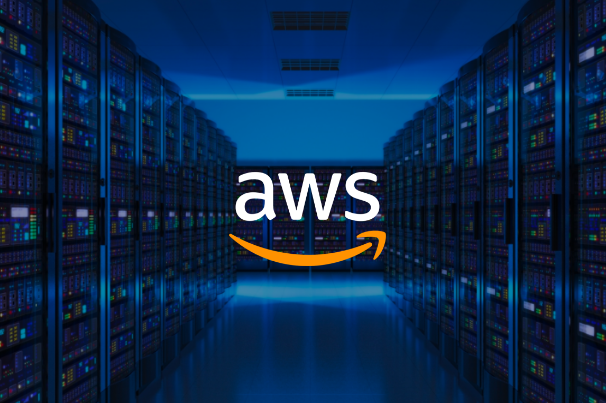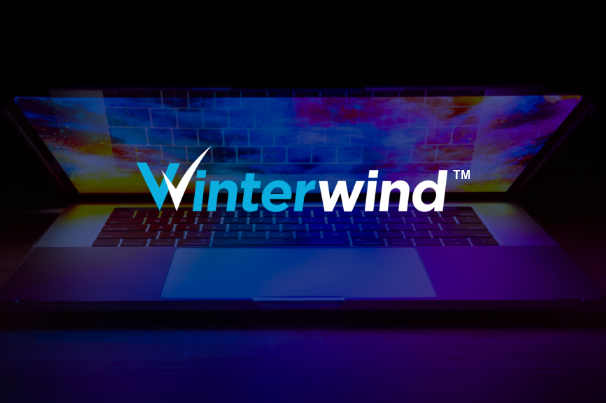Home Campus
One Stop Shop for School Athletics
Winterwind is a Canadian-managed, full-service software development firm specializing in a range of services.
Winterwind is the creator of the "Massage Business Manager" which hosts over 100+ different massage websites for therapists around the world.

Laravel is our go-to server-side framework for the majority of the web applications we develop. It is a rapid application development framework, saving you time and money.

Services include database design, database normalization and migration to AWS RDS. Stored procedure development, performance tuning using indexing and more.

Ensure your application can scale to a global audience, handling thousands of concurrent users by migrating to AWS. We specialize in a range of AWS services and do all of our hosting here.

Leverage Bootstrap, Tailwind and Foundation and ensure your website always looks perfect on mobile, tablet and desktop. Our skilled CSS developers will match your design exactly.

We employ senior UI designers to create stunning and bold designs for our clientele. Check out our sample portfolio on Behance and get a feel for our design capabilities and style.

We possess extensive experience integrating payments solutions such as Stripe, Paypal, Authorize.net and more, not to mention enabling cryptocurrency-based checkouts.

Few agencies offer services in helping clients define what their product will be, however we assist our clients in conceptualizing their product and developing wireframes for it.

On smaller projects, our PMs perform a range of functions. These include maintaining your Kanban board, testing, developing wireframes and managing the team's resources.
All clients at Winterwind enjoy free, managed hosting within our locked-down AWS account. Covering both their staging and production environments, our clientele enjoy 24/7 hosting within Amazon overseen by our senior system administrators. Every application hosted here can scale to thousands of users from the get-go using Amazon's world-class network architecture.

Not only is our managed hosting scalable to a global audience, but it is ultra-secure with our AWS/system administrators aware of each application running here and setting up each one individually using firewalls, subnets and CDNs. We do not charge our clients for our hosting services, it is simply a perk of our agency allowing our clients to focus on application development.
Winterwind was founded by former Disney.com web developer, Anthony Vipond. Anthony went on a long-run as a senior web developer from 2008-2017, working for the likes of Disney, Pfizer, Juwai.com and more. He has also worked as a programming trainer during this time, having hundreds of programming tutorials posted to YouTube. Anthony began working as a blockchain developer in 2017, finally culminating in founding Winterwind in 2018 with the goal of integrating blockchain into websites and mobile apps for others. Winterwind still offers blockchain development services to this day.
During the years of 2008-2017, Anthony worked as a senior full-stack PHP-based web developer. He possessed strong skills in PHP development, Unix System Administration, CSS & JavaScript development. He was always involved in open-source software development and that remains true to this day.


Aided by his project managers, all projects within the company are still personally overseen by the founder, Anthony Vipond. Anthony is accessible on a daily basis to his clients and holds the responsibility of making sure the correct team is in place for each project and that things are on track on a daily basis. He has two roles on every project underway in the company. Firstly, he will get to know your project and find out what it needs in terms of resources. He will hand-pick your team from his bench, ensuring that the most suitable resources have been chosen. Secondly, once the work is underway, he functions like a CTO on the project, positioned above the project manager, however making sure that the project is on track and that the correct technology decisions are being made. He always makes sure that best practices are being followed by all of the developers on the team, such as version-controlling the code, enforcing peer code review and supervising the information security component.

We will set up error-reporting in every layer of your application. Bugs will be identified and eradicated in the shortest possible time.
We follow the five S.O.L.I.D principles of object-oriented design. We will deliver modular, maintainable and decoupled code.
We use Kanban boards within Trello heavily. Work will be put into a queue and finished task by task.
In addition to having a team chat room, you will be updated daily by your resources using start-of-day and end-of-day updates.
Winterwind employees at all levels will be professional with you at all times. Your queries will be responded to in a prompt manner.
The nature of your project will be kept private unless you allow us to use it as a portfolio item. Your code and data will be protected at all times within our secure infrastructure.